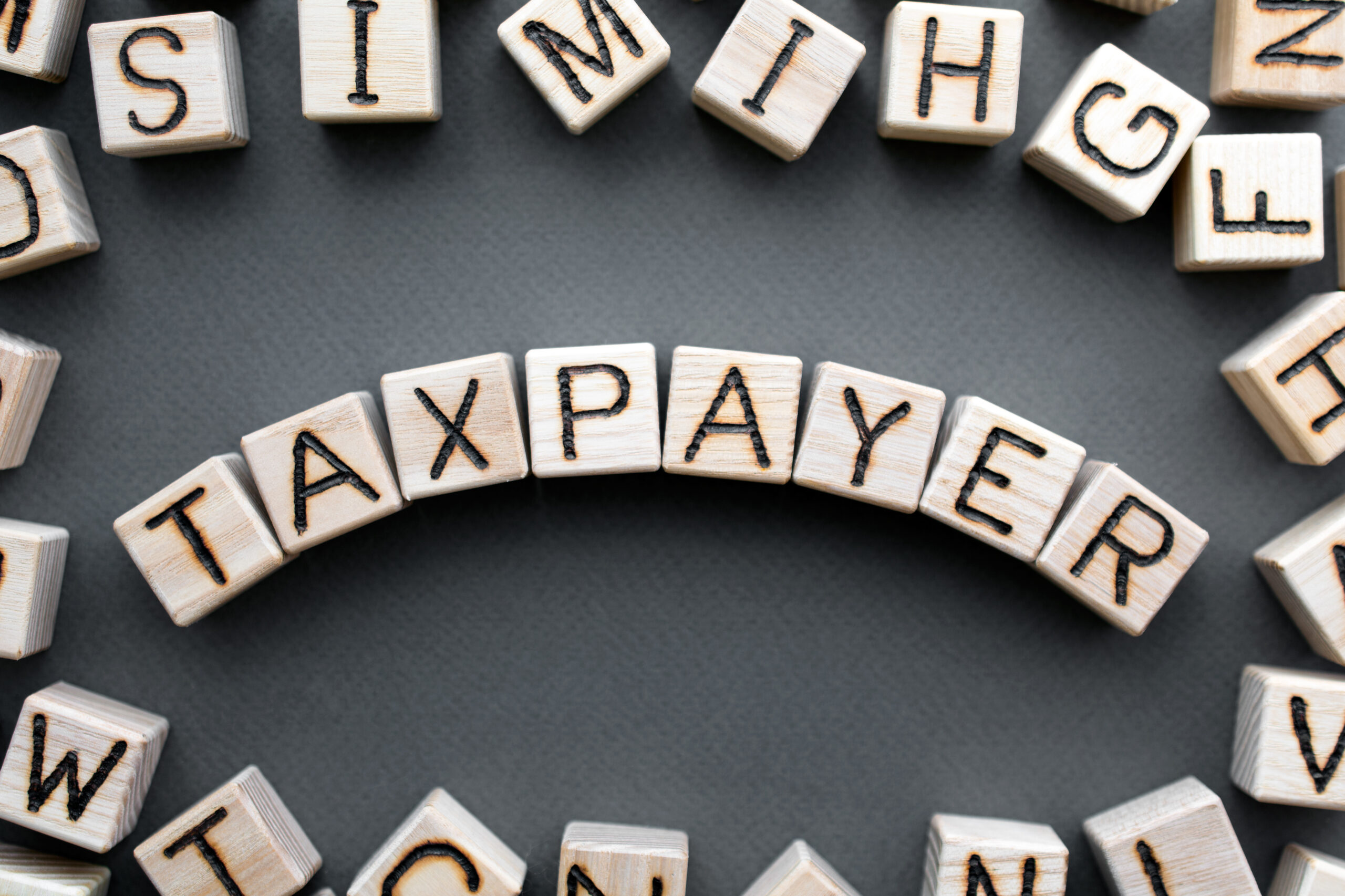On 2/29/24, the IRS announced a new effort focused on high-income taxpayers who have failed to file federal income tax returns in more than 125,000 instances since 2017. The mailings include more than 25,000 to those with more than $1 million in income, and over 100,000 to people with incomes between $400,000 and $1 million between tax years 2017 and 2021. High-income taxpayers who have failed to file federal income tax returns will receive compliance alerts for failure to file a tax return, formally known as the CP59 Notice. About 20,000 to 40,000 letters will go out each week, beginning with the filers in the highest-income categories.
IRS Commissioner Danny Werfel noted that the IRS has focused Inflation Reduction Act resources on strengthening enforcement to pursue complex partnerships, large corporations and high-income, high-wealth individuals who do not pay overdue tax bills. “If someone hasn’t filed a tax return for previous years, this is the time to review their situation and make it right,” Werfel said. “For those who owe, the risk will just grow over time as will the potential for penalties and interest. These non-filers should review information on IRS.gov that can help and consider talking to a trusted tax professional as soon as possible.”
New Non-Filer initiative for High-Income Taxpayers – CP59 Notice
The recently updated CP59 Notice is sent when the IRS has no record that a prior personal tax return(s) has been filed. It provides details on what a taxpayer can do to resolve their non-filing status.
IRS states that high-income taxpayers receiving Notices should take immediate action to avoid additional follow-up Notices, higher penalties as well as increasingly stronger enforcement measures
Taxpayers ought to file all tax returns that are due, regardless of whether or not the taxpayer can pay in full. If a Taxpayer does not file a Return, IRS might file a Substitute for Return (SFR) for a Taxpayer. The SFR prepared by IRS may not include all exemptions, credits, or deductions to which a Taxpayer might be entitled. So, if IRS prepares a SFR, a Taxpayer could end up with a larger tax liability than if the Taxpayer had self-prepared the Return. If a SFR results in taxes owed, the Taxpayer will receive a notice from IRS that will include an amount of tax due, a Failure to File Penalty, a Failure to Pay Penalty and interest. Although a Taxpayer has the right to contest the amount in the SFR notice, the Taxpayer must file a Return with IRS in order to do so.
Tax bills that are unpaid will trigger IRS Collection process
The IRS Collection process and its actions are summarized in 4 possible scenarios:
- Federal Tax Lien: A legal claim against all of the taxpayer’s current and future property; which includes the taxpayer’s home, car, rights to a property, wages and bank accounts.
- Notice of Federal Tax Lien: A public notice informing creditors that there is a Federal Tax Lien attached to the taxpayer’s current and future property and the rights to the property. IRS files this Notice to establish the priority of its claim versus the claims of other creditors. The Notice is filed at the local and state levels and is reported to consumer credit reporting agencies.
- Levy: A legal seizure of property or the rights to property. The proceeds of the sale of property, or property rights, will be used by IRS to help pay the taxpayer’s tax debt. The taxpayer’s wages, salary, commission, Social Security and bank accounts can also be seized and applied to the tax debt. IRS generally sends a Notice of Intent to Levy and Notice of Taxpayer’s Right to a Hearing before any property is seized.
- Summons: This happens when IRS is having trouble obtaining information to determine the amount of taxes owed, or collecting taxes owed. IRS will serve a summons to a taxpayer (or a third party) to meet with an IRS officer, and provide information, documents and if necessary – testify. The taxpayer could also be required to bring books and records to prepare a tax return.
If a Taxpayers repeatedly does not file, the taxpayer could be subject to additional enforcement measures, such as additional penalties and/or criminal prosecution
IRS actions that include collection and audits, potential criminal prosecution and filing a SFR escalate if tax returns are not filed.
Are you a taxpayer with tax debts?
Are you a taxpayer that could receive a CP59 Notice?
Who is your professional Tax Advisor? ©


